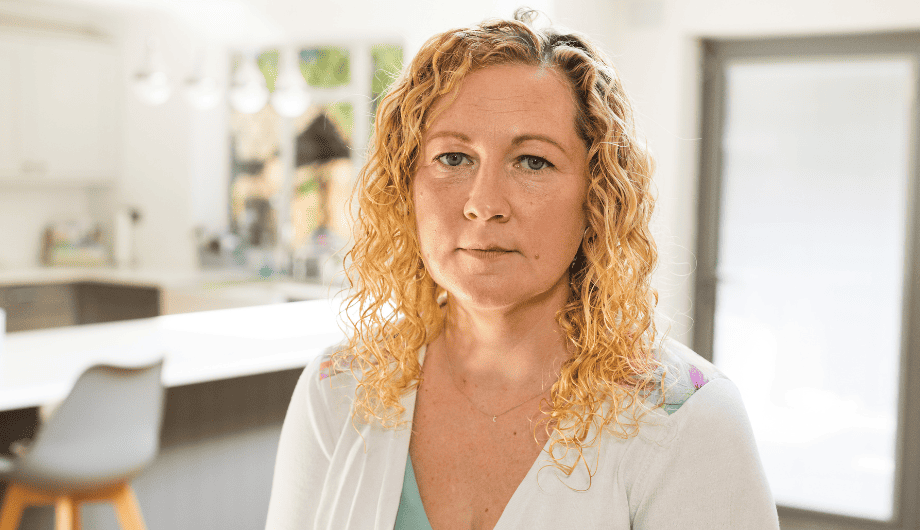
Saïna’s story – A song for my beloved grandpa, Ralph
Saïna opens up about how her grandfather’s dementia has affected her, and how songwriting has provided a release.
When someone is diagnosed with dementia, it can change the way they think about themselves, as well as the way other people behave towards them.
Friends and family may be concerned that the person is vulnerable, and become over-protective.
They might encourage the person with dementia to stop driving or working, or to give up their usual hobbies and activities – for example, if they are worried about them leaving the house.
The changes in the person’s abilities can also affect the roles of their family members.
The person’s spouse might feel that they are now their caregiver rather than their partner. Or a child who cares for a parent with dementia may feel their roles have reversed.
This can lead to arguments and resentment – the person with dementia may not feel that they need to be looked after, nor agree with the decisions that relatives make on their behalf.
And their family member or friend may be frustrated if the person with dementia won’t accept help, and worried if they think they’re putting themselves at risk.
Some forms of dementia – particularly frontotemporal dementia – can also cause changes in the person’s personality and social behaviour, which can heighten tension and misunderstandings.
While the dynamic between you and the person with dementia might change, you can still enjoy a close and meaningful relationship with these practical steps:
Although the caring role can be challenging, it can still give you enjoyment and fulfilment, and ways to connect with the person with dementia.
Discussing future plans, care requirements, finances and expectations can help avoid conflicts down the line.
It is very important, if possible, to draw up a lasting power of attorney (LPA) while the person with dementia has mental capacity.
This nominates someone to make decisions about health and welfare and/or property and financial affairs if the person can no longer do so themselves.
You could also:
To speak to a dementia specialist Admiral Nurse about changing relationships and roles or any other aspect of dementia, please call our free Dementia Helpline on 0800 888 6678 (Monday-Friday 9am-9pm, Saturday and Sunday 9am-5pm), email helpline@dementiauk.org or you can pre-book a phone or video appointment with an Admiral Nurse.
Our virtual clinics give you the chance to discuss any questions or concerns with a dementia specialist Admiral Nurse by phone or video call, at a time that suits you.

Saïna opens up about how her grandfather’s dementia has affected her, and how songwriting has provided a release.

Ricky’s talks about how his Gran’s dementia diagnosis impacts his whole family and why he is supporting the ‘We live with dementia’ campaign.

As a carer for her mum, who has vascular dementia, Clare is taking part in our ‘We live with dementia’ campaign to make more people aware of the support our nurses offer.